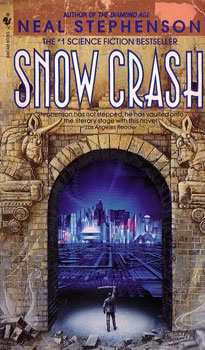James Cameron’s Avatar
In the ancient Hindu epic, the Ramayana, the god Vishnu adopts the avatar of Ram to fulfill materially his role as the Preserver. The main purpose of this incarnation is to demonstrate the “righteous path” for all living creatures on earth.

